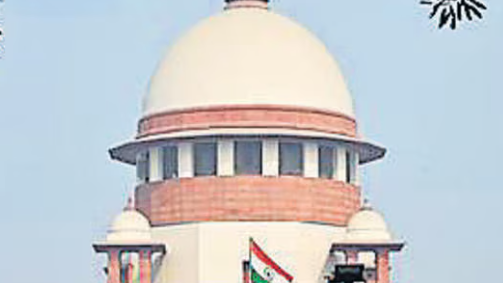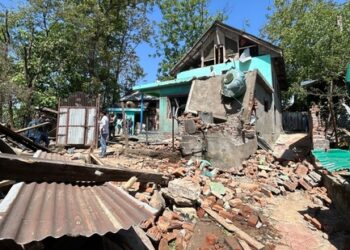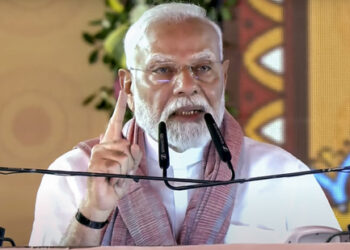The Supreme Court of India has criticized several state governments for their failure to fill crucial vacancies in pollution control boards, a lapse that has significantly hindered efforts to tackle the country’s escalating pollution crisis.
During a recent hearing, the Supreme Court expressed its frustration over the lack of urgency shown by state administrations in addressing the staffing shortages within State Pollution Control Boards (SPCBs) and Pollution Control Committees (PCCs). These bodies are essential for monitoring and regulating environmental standards, and their underperformance due to staffing issues has contributed to worsening pollution levels across the country.
“Despite repeated directives, it is disheartening to see such a lackadaisical approach towards filling vacancies in these critical bodies,” stated Chief Justice D.Y. Chandrachud. “The failure to appoint qualified personnel undermines the effectiveness of pollution control measures and exacerbates the environmental challenges we face.”
The court highlighted that vacancies in pollution control panels have left many states ill-equipped to enforce regulations and conduct necessary inspections. This neglect has led to unchecked industrial emissions, improper waste management, and a rise in air and water pollution levels, posing severe health risks to the public.
Environmental activists and experts have long called for the strengthening of SPCBs and PCCs to combat pollution effectively. The Supreme Court’s admonishment underscores the urgency of the situation and the need for immediate corrective actions.
“The vacancies in pollution control boards are not just administrative oversights; they are failures that have real, detrimental impacts on the environment and public health,” said environmental lawyer Ritwick Dutta. “States must prioritize these appointments and ensure that these bodies are fully functional.”
The court has set a deadline for state governments to submit a comprehensive report on the current status of vacancies and the steps being taken to fill them. Non-compliance with this directive could result in further legal action and possible contempt of court charges.
As India grapples with severe pollution problems, particularly in major urban centers, the Supreme Court’s intervention highlights the critical need for competent regulatory bodies to enforce environmental laws and protect public health.








 India
India












